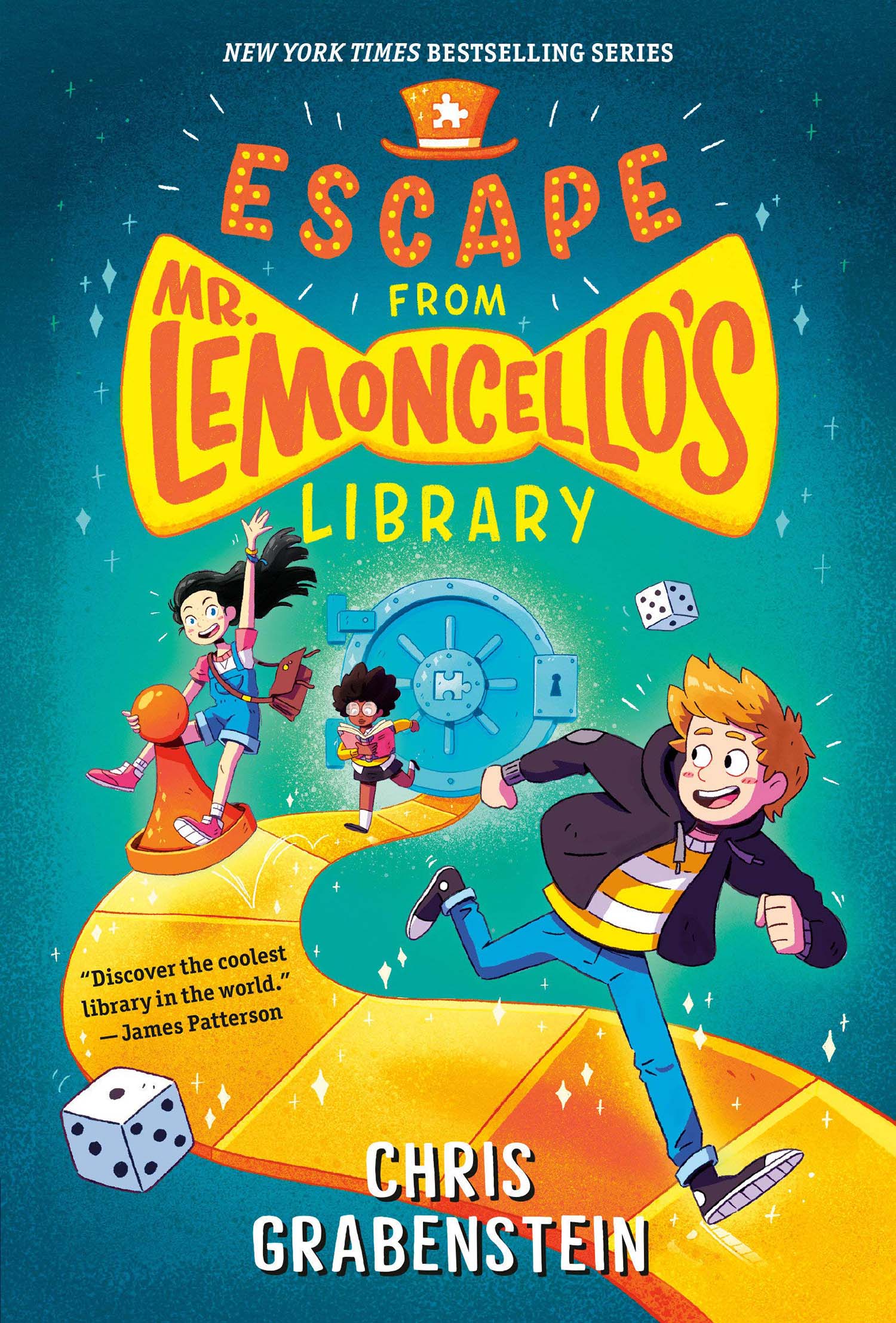One way to learn and remember how words are spelled is to break them down into their component parts - prefix, root, suffix. Or think about how the words developed from their origins - did two words come together to become one?But English is a tricky language! Here are some words that don't break up, or aren't "glued together" the way you would expect.
app: Are any of your apps broken? Your app is! You know it's short for application. But did you know that there's a glue line between p and p? The word comes down from Latin applicatio, which is ap plus plicatio (based on the root plica, "fold"). Ap is actually ad ("to") changed to make a better surface for gluing. The glue stuck — better than the lication did.
copter: Ask someone what helicopter is made from, and they'll probably say heli plus copter. But actually it's helico- ("spiral") plus pter ("wing"), same as in pterodactyl, "wing finger". Obviously nobody says it like "helico-pter" — pronunciation trumps etymology. So this is one whirlybird that flies even when broken off badly.
demo: The glue line in this word comes after the de. You may know de as meaning "from" or signifying the reversal of an action. In this case, in the original Latin it actually meant "completely" and was tacked onto the root monstra- ("show") to make it stronger. You might wonder for a moment why we wouldn't break demonstration after the n rather than the o — until you see the demon. There's also a bit of a history in English of making short forms that end in o.
prep: This word is just preparing to say preparation. But the glue line is after pre, which is from Latin for "before." The rest is from the Latin para- root, which means "make ready," but is clearly not fully ready in this word. When we say it, we actually say the p at the start of the next syllable, like we do in prepare, but in preparation we have a short vowel so we think of it as a short syllable, which means we think of the p as stuck to the previous syllable. And the rest breaks away.
decal: A lot has come unstuck from this word — but it's still stuck together at the glue line. In English we shortened it from decalcomania, which came from French décalcomanie, a mania for tracing things, from de plus calquer ("trace") plus, of course, manie. We peeled most of this word off but, like a stubborn decal, some of it stayed stuck on.
-aholic: Workaholic, shopaholic, whatever: we know -aholic means it's an addiction. But while addiction can make for broken people, in this case it makes a broken word, too. Alcoholic is of course from alcohol plus ic; alcohol, for its part, comes from Arabic al kuhl, with al meaning "the" and kuhl referring to a kind of eye makeup. Yeah, the meaning has shifted a little, too...
perm, perma-: A perm is meant to hold permanently (or at least for a long time). Permafrost is permanently frozen. But the word permanent hasn't been so lucky. Once again, the little handle on the word — in this case, the prefix per ("thoroughly") — holds together while the manent, from the Latin root mane- ("remain"), is mostly gone. With perm you're like Wile E. Coyote stuck holding the handle of something that has mostly blown up and gone. And left your hair scorched and frizzy, too.
comp: If someone promised you comp tickets, you'd be unhappy if you just got the stub, right? But with comp, that's all you do get — and it's like one of those tickets where it's been torn not at the dotted line but a bit farther in. Comp comes from complimentary, which comes from compliment (originally referring to a courtesy), which comes from Latin com ("with"; used as an intensifier) plus plementum, from the verb plere ("fill"). Did you notice how that's spelled plem and not plim? Guess what: they come from the same source, but compliment came by way of French in the 1600s, while we got complement from Latin a bit earlier.
info: So how do you like your comp info? Is it informing you of the forms in the words? You know, of course, that info is short for information (look, another word breaking off at the o!). You may or may not have ever stopped to notice that information is from in plus form plus ation. To inform someone is to shape their knowledge — to put it in form. Or, for the short version, in fo.
nickname: There are also some words we don't think of as shortened at all — because something got stuck to them accidentally and we've just assumed it was always there. An alternative name was originally an eke-name, but people hearing "an eke-name" came to think it was "a nekename," and that in turn came to be heard as "a nickname." So it stole the n from the an — like something sticky just set down for a moment that takes something with it when it's picked up. An ewt became a newt the same way. Incidentally, an orange, an apron, and an adder used to be a norange, a napron, and a nadder — but that's a whole nother thing.
(These words are from the website https://theweek.com/articles/446024/10-words-that-are-badly-broken)
Find out about the 2022 Homeschool Spelling Bee and how to sign up at villagehome.org/scripps-spelling-bee!







